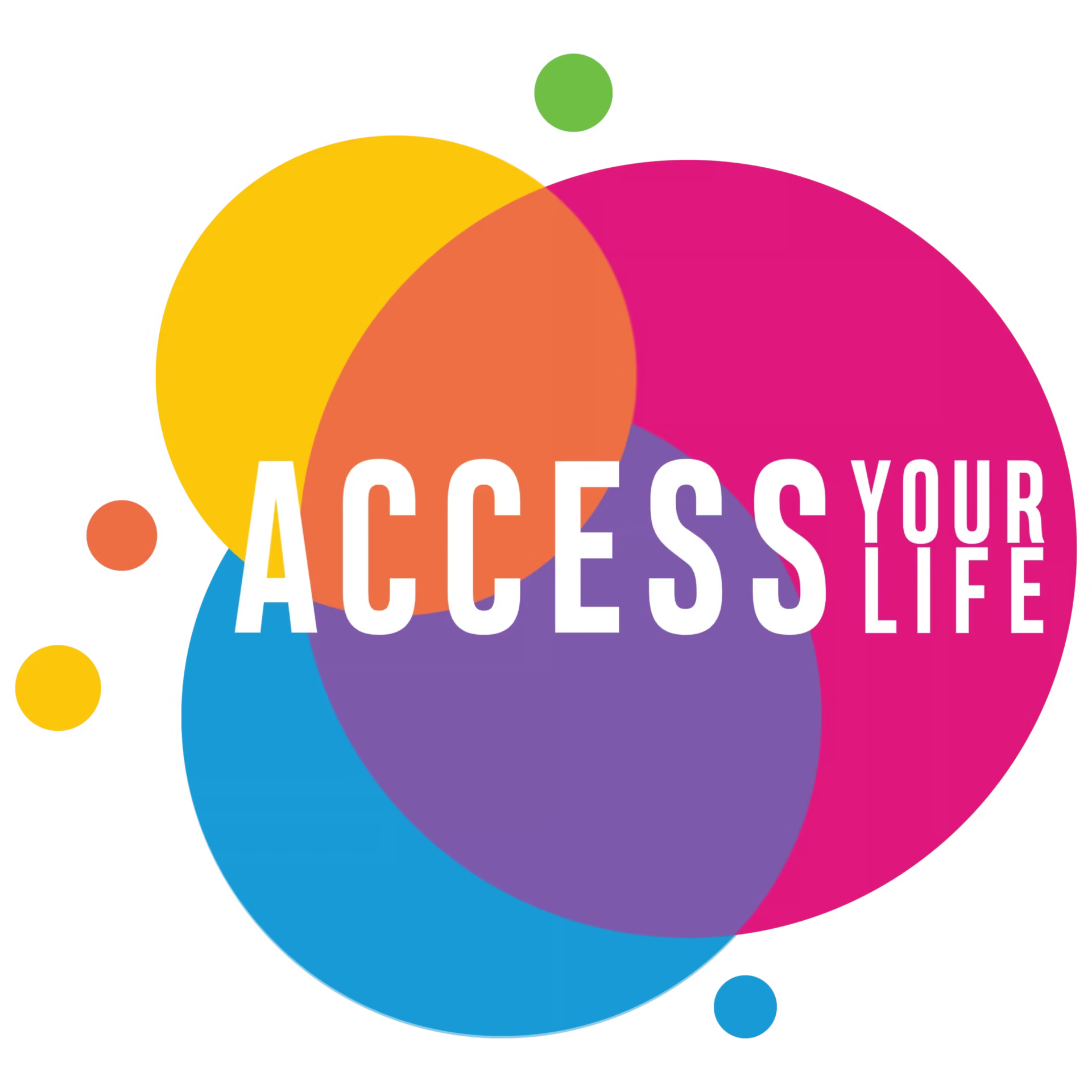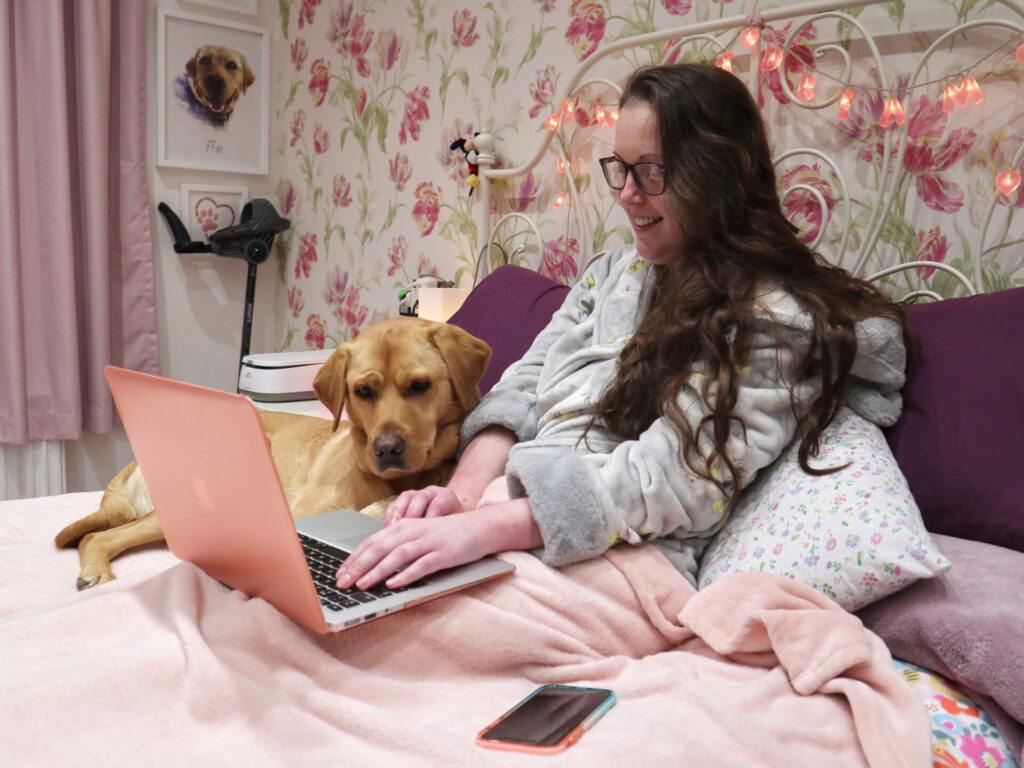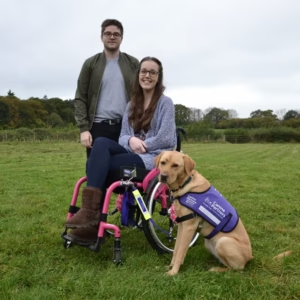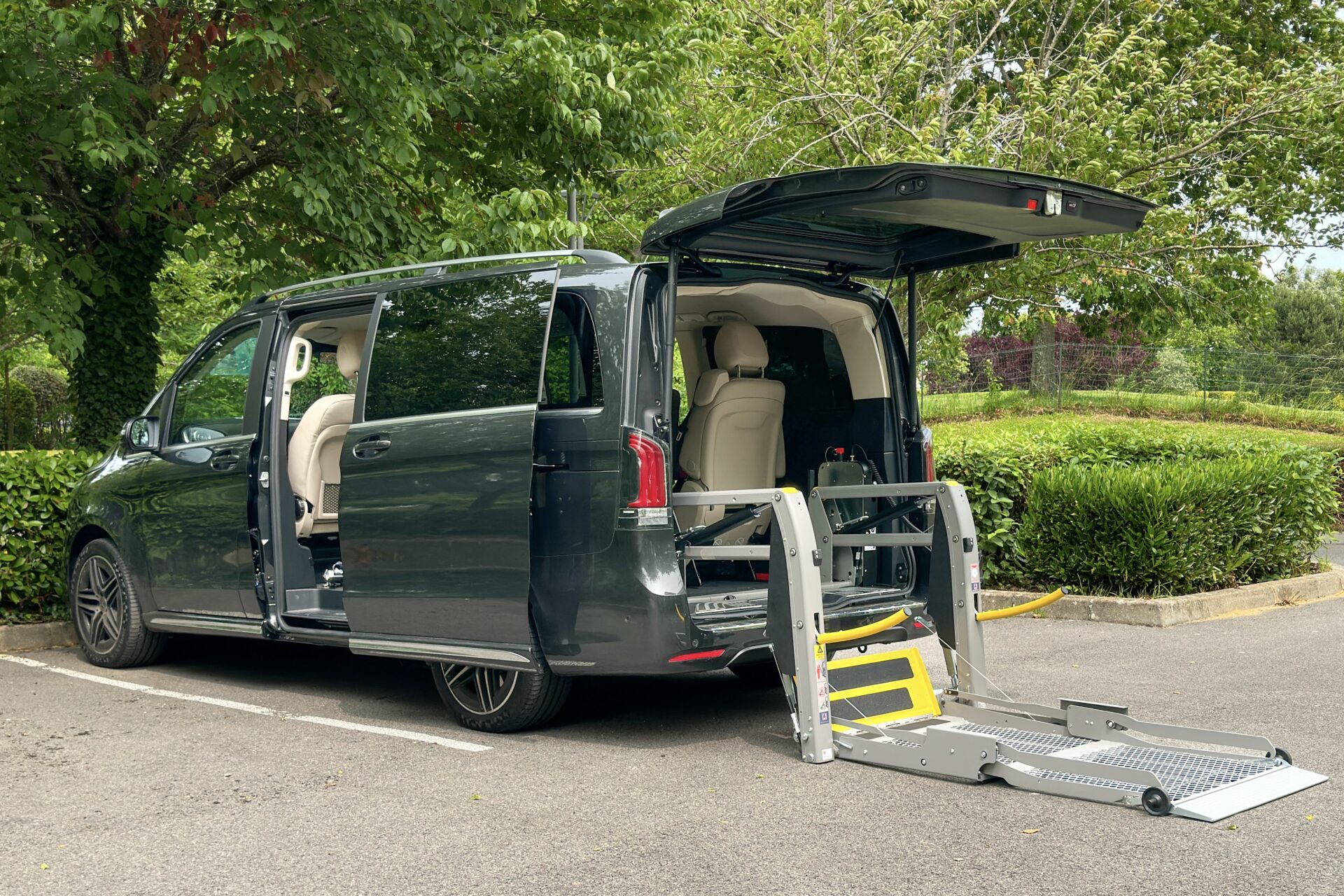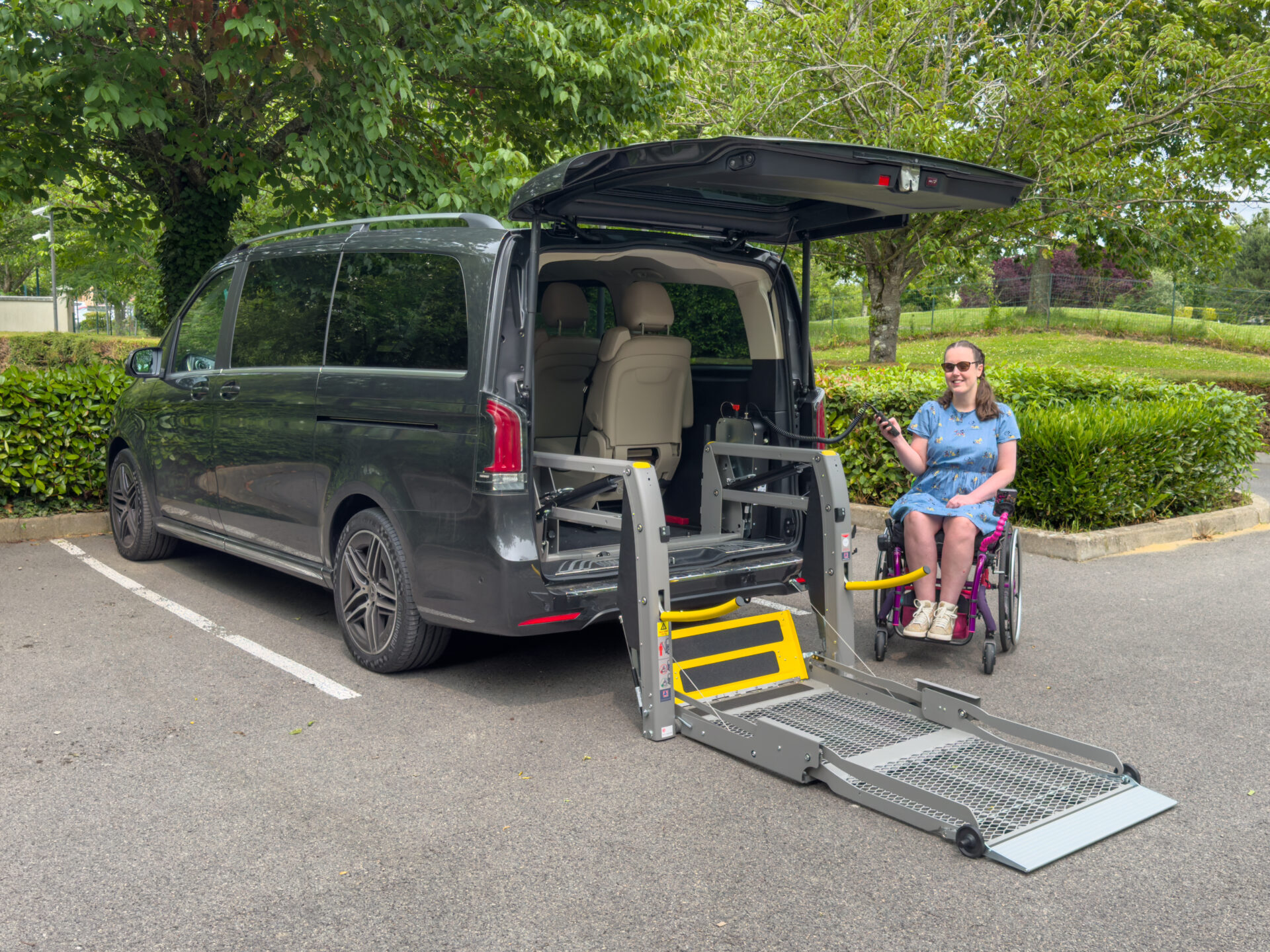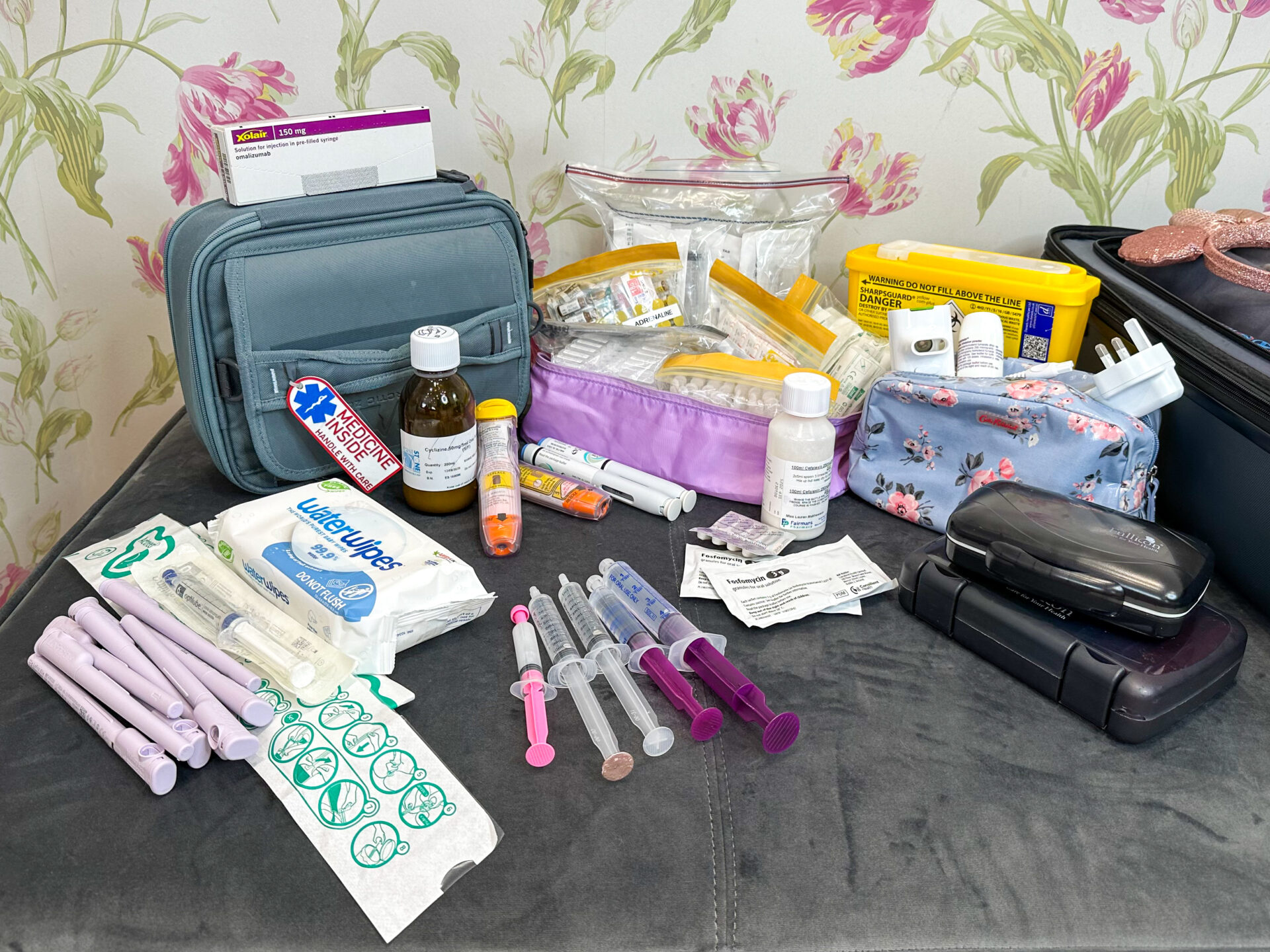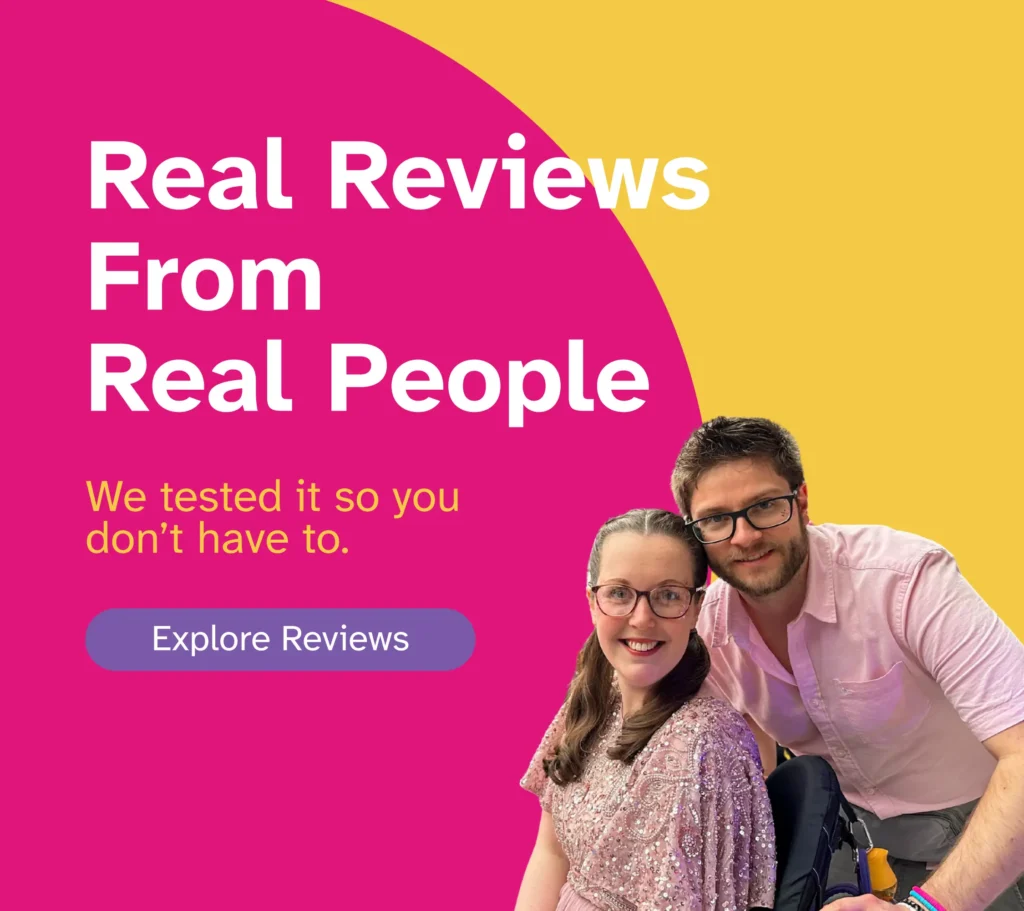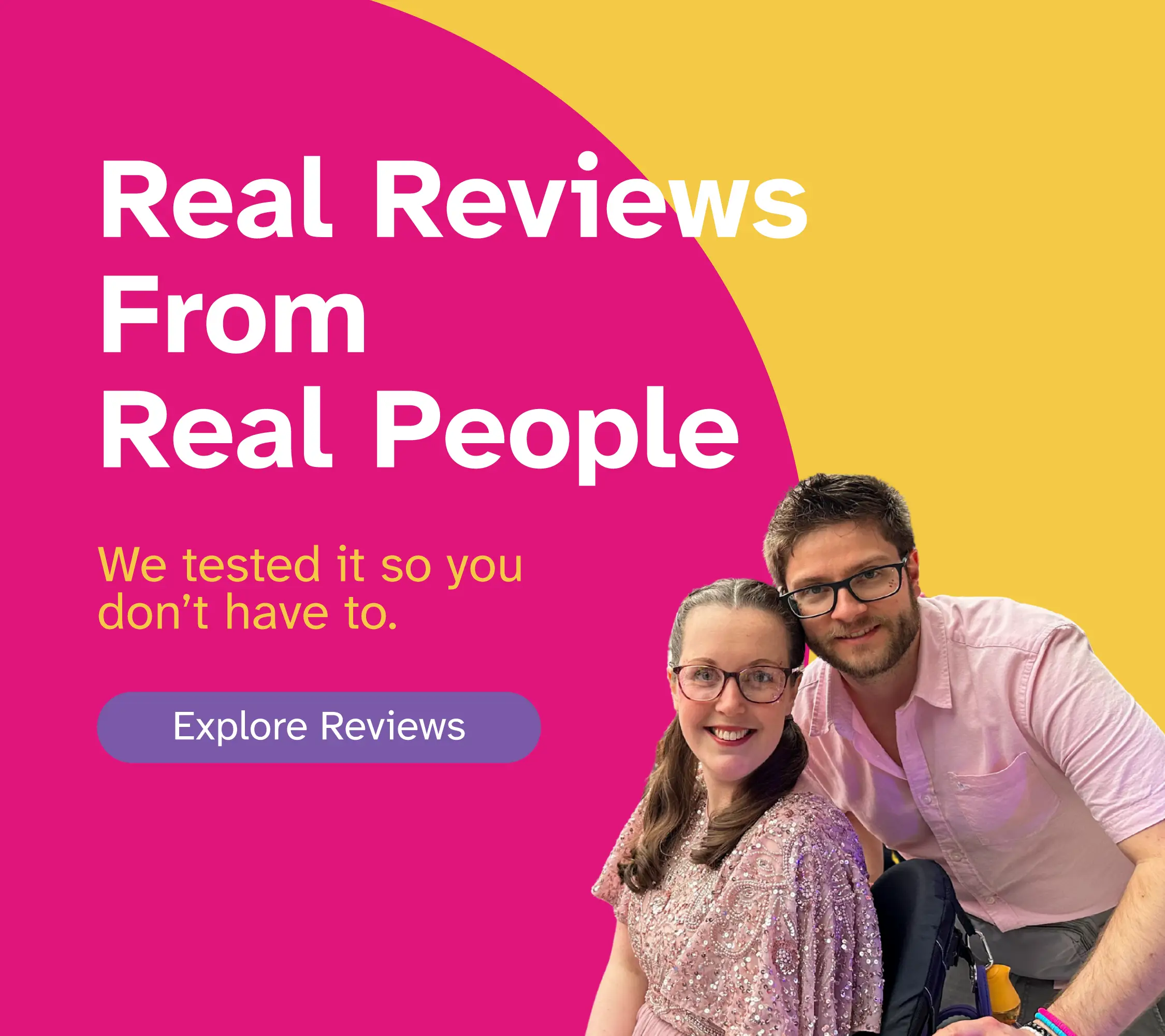For many people living with a disability, the coronavirus outbreak led to almost an entire year of self-isolation. It’s understandable if you’re struggling to see the positives and perhaps feel overwhelmed by the unknown territory of this new year. The experience is more of a marathon than a sprint, meaning you must take care of your mind. So check out our top five tips for managing your mental health during isolation.
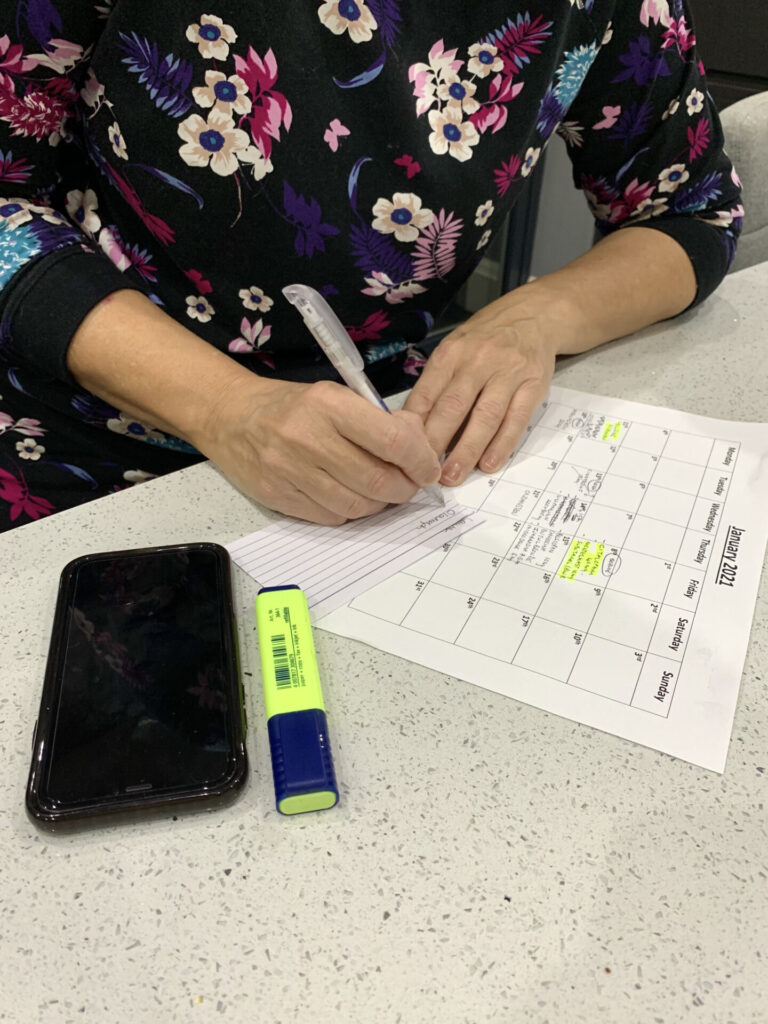
1. Reduce News Intake
It can be challenging to escape the never-ending stream of devastating updates. Try focusing solely on official sources for a limited time, using platforms such as:
A quick 15-minute catch-up every morning and evening is more than enough for most people. It may also be beneficial to unfollow social media accounts that share fake, negative, or controversial content.
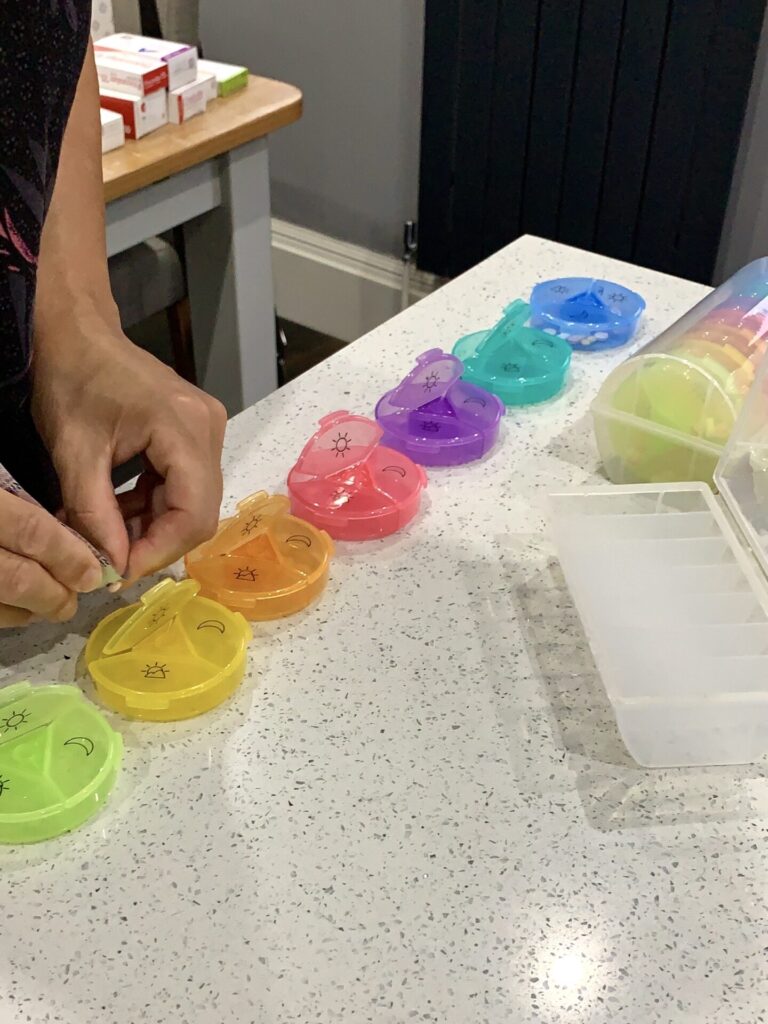
2. Disability Management
Many people living with disabilities require a structured routine. Unfortunately, too many are suffering as a result of the virus impacting care packages, treatment plans, and outpatient services. It may be helpful to double-check that you’ve eaten a meal, organised essential deliveries, or taken any relevant medications. Try asking yourself these questions sporadically throughout the day or dedicate a few minutes each evening to review your checklist.
Need help accessing support? Try these:
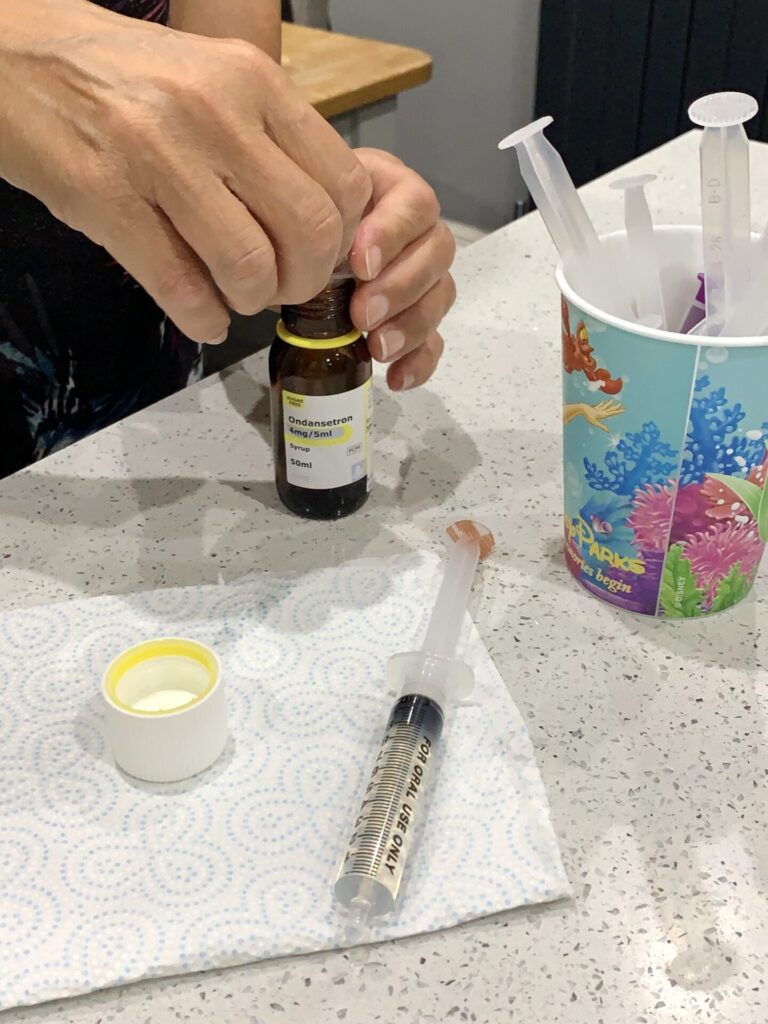
3. Time Out
Whilst it’s important to try and stay motivated, organised, and upbeat during this time, it’s only natural to feel like you occasionally need a break from life. Try giving your mind and body a break when you begin to struggle because resting is equally important in establishing a well-balanced lifestyle.
How you choose to spend this time is entirely up to you: some may need a quick nap, others might feel better after a movie, listening to music, or even doing some gentle stretching. For guided relaxation:
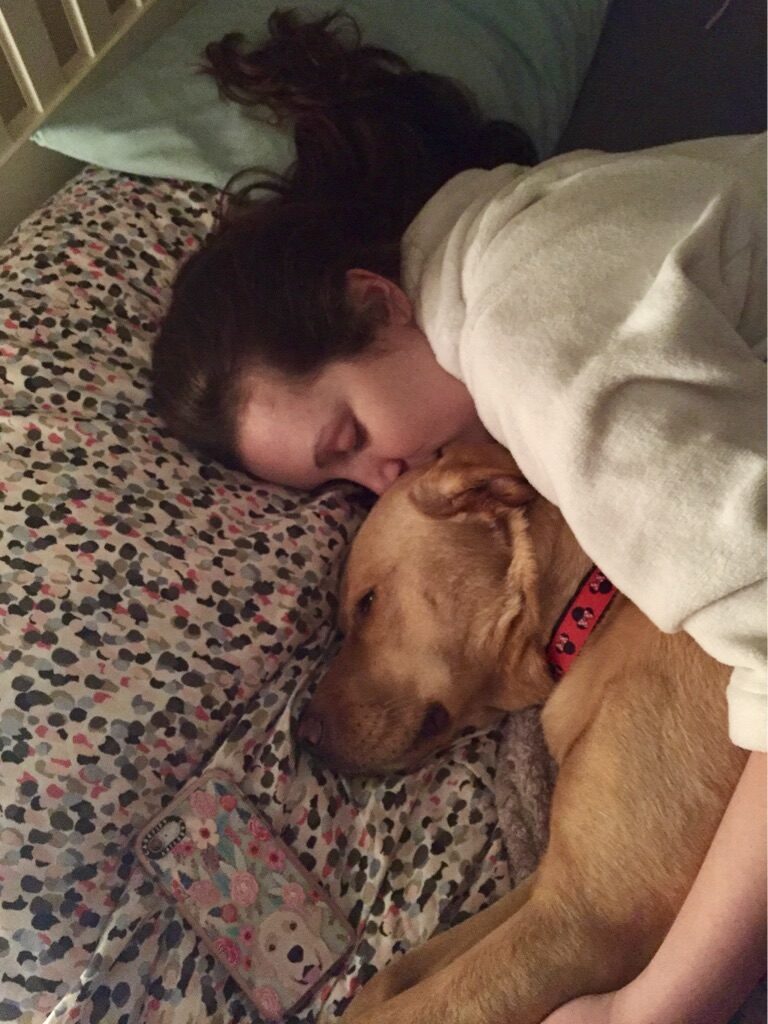
4. Staying Connected
It has never been easier to stay in touch with family and friends using platforms like:
Although it can be hard to find exciting topics of conversation when everyone is restricted to being at home, try watching a film together, following an online tutorial, or scheduling weekly catch-ups so there’s something to look forward to.
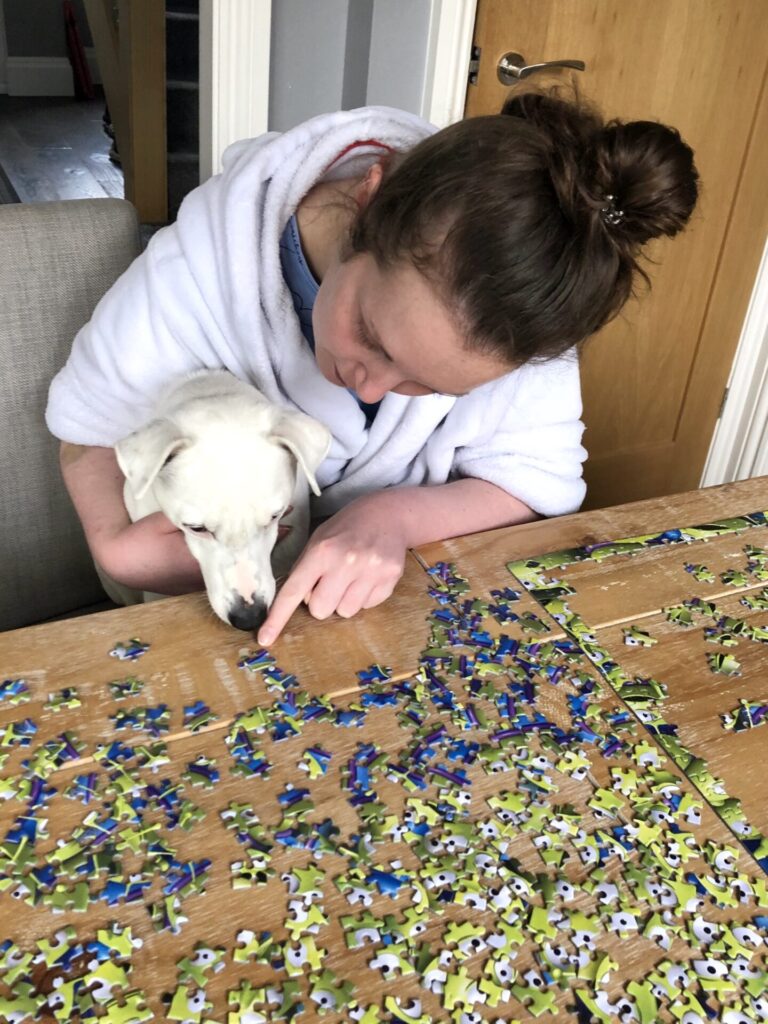
5. Finding Joy
Living with a disability provides a unique outlook on life that teaches us to appreciate the small victories. Thankfully, there’s been a rise in accessible virtual resources and online activities that can be enjoyed from home. Whether you love crafts, comedy, or calming yoga, there’s something out there to lift your spirits.
- Free Online Courses via Class Central
- YouTube – Workouts, concerts, hobbies & more
- Netflix – Movie marathons and more
How do you manage your mental health when self-isolating? Share your tips and connect with others in our community via our social links below!
Finally, for anyone struggling to cope with the impact self-isolation is having on their disability, please seek support. Your quality of life is always a battle worth fighting for.
Need Help Now?
- Samaritans – Free 24/7 emotional support
- Mind – Mental health charity
- Hub of Hope – Find local mental health services

AccessYour Life
Access Your Life is a user-led platform that empowers disabled people and their families by providing honest reviews, resources, and lived-experience insights into mobility aids, services, and daily life.
